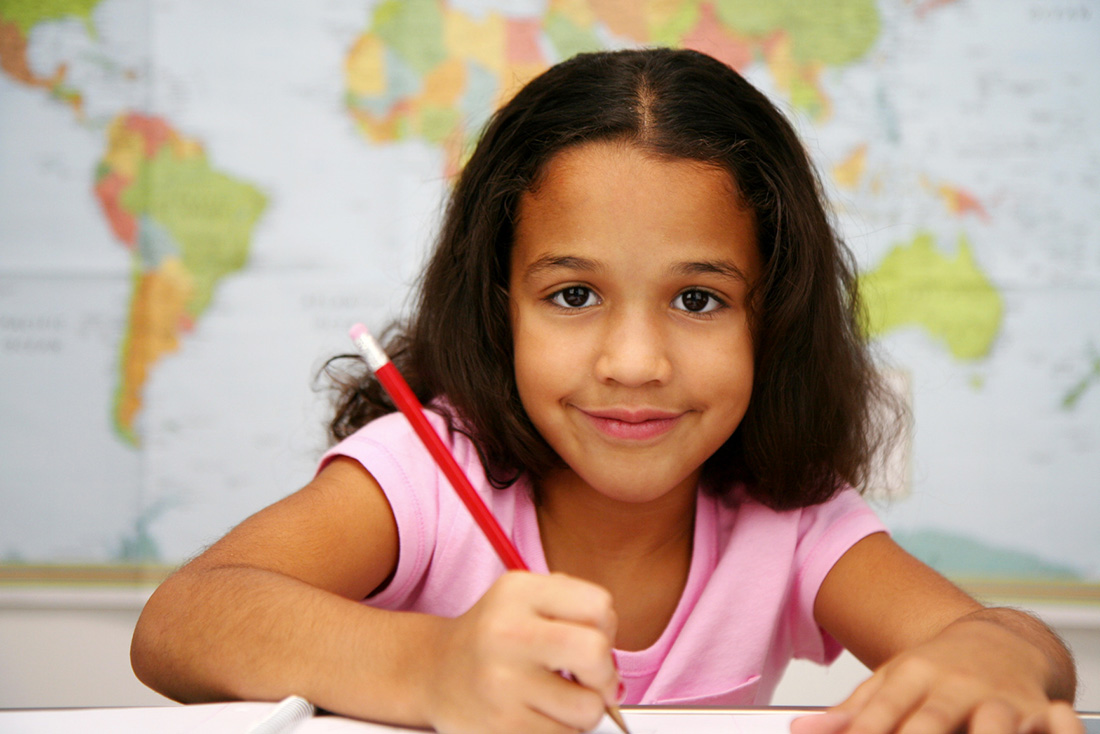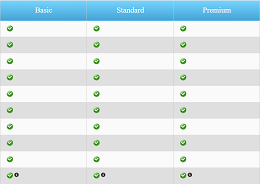 Onsite Course
Onsite Course Nov 18, 2024 - Nov 22, 2024
Nov 18, 2024 - Nov 22, 2024 5 days
5 days Paphos
Paphos 12 Participants Maximum
12 Participants Maximum Course Certificate
Course Certificate
The training course Inclusive Education with Art Therapy aims at equipping teachers with practical skills and knowledge to manage inclusive classrooms. School segregation is still an unfortunate reality nowadays in Europe, and it affects negatively, among others, children from diverse cultural and linguistic backgrounds, children with disabilities and other children due to their social or personal circumstances. The traditional understanding of teaching is becoming obsolete in the face of increasing numbers of learners from the aforementioned backgrounds, with different abilities and educational needs in today’s classrooms. Teachers are challenged to grow and adapt to the demands of schooling for the 21st century and beyond. This course is dedicated to the teachers of any type of school (primary, secondary, high schools, etc.), educators, principals, social workers, school psychologists, counselors and anyone who wants to develop their knowledge and strategies on providing meaningful access and participation in an inclusive classroom.
The program of the course of Inclusive Education was prepared with the support of qualified special education teachers.
Learning outcomes
- Raised awareness of inclusive education
- Improved Communication and social skills
- Gain techniques and strategies for working with heterogeneous classrooms and communities
- Acquired knowledge of existing legislation of inclusive education
- Improved pedagogical tools and methods
- Improved English language skills
Methodology
The course is designed as an interactive process with emphasis on establishing a mentor relationship between participants and trainer. The format of the course is didactic, experiential, and interactive along with discussions, individual and team exercises. Among others, the course will employ methods and techniques from art therapy.
The approach of art therapy to therapeutic intervention is a very useful tool in dealing with various disabilities, special needs and behavioral issues. Through this modality, students can often achieve a closer balance in brain hemispheres. An imbalance is believed to affect things like learning disabilities, depression, anger and perception. Adding such creative therapy to other forms of counseling can aid in the learning of coping skills that are often lacking in conditions like Attention Deficit/Hyper Activity Disorder, Autism Spectrum Disorder and Conduct Disorder.

